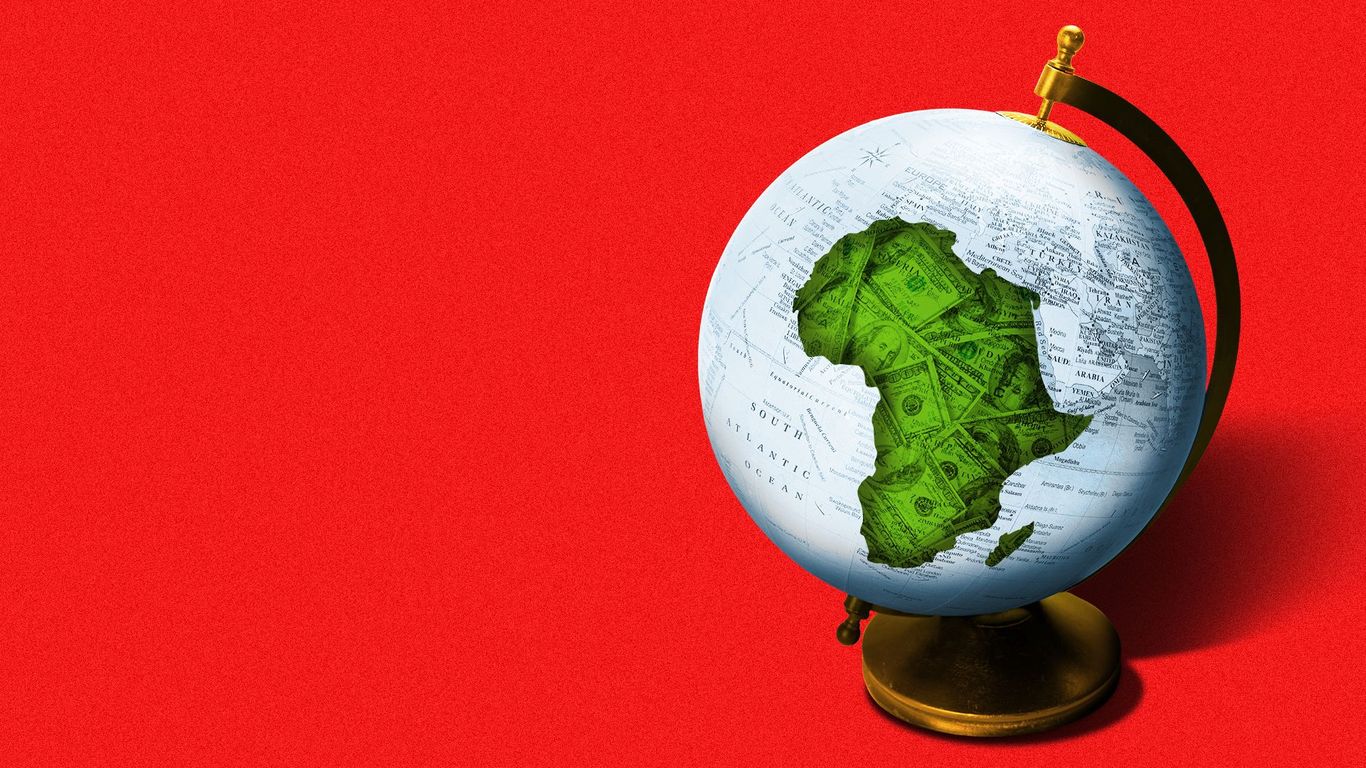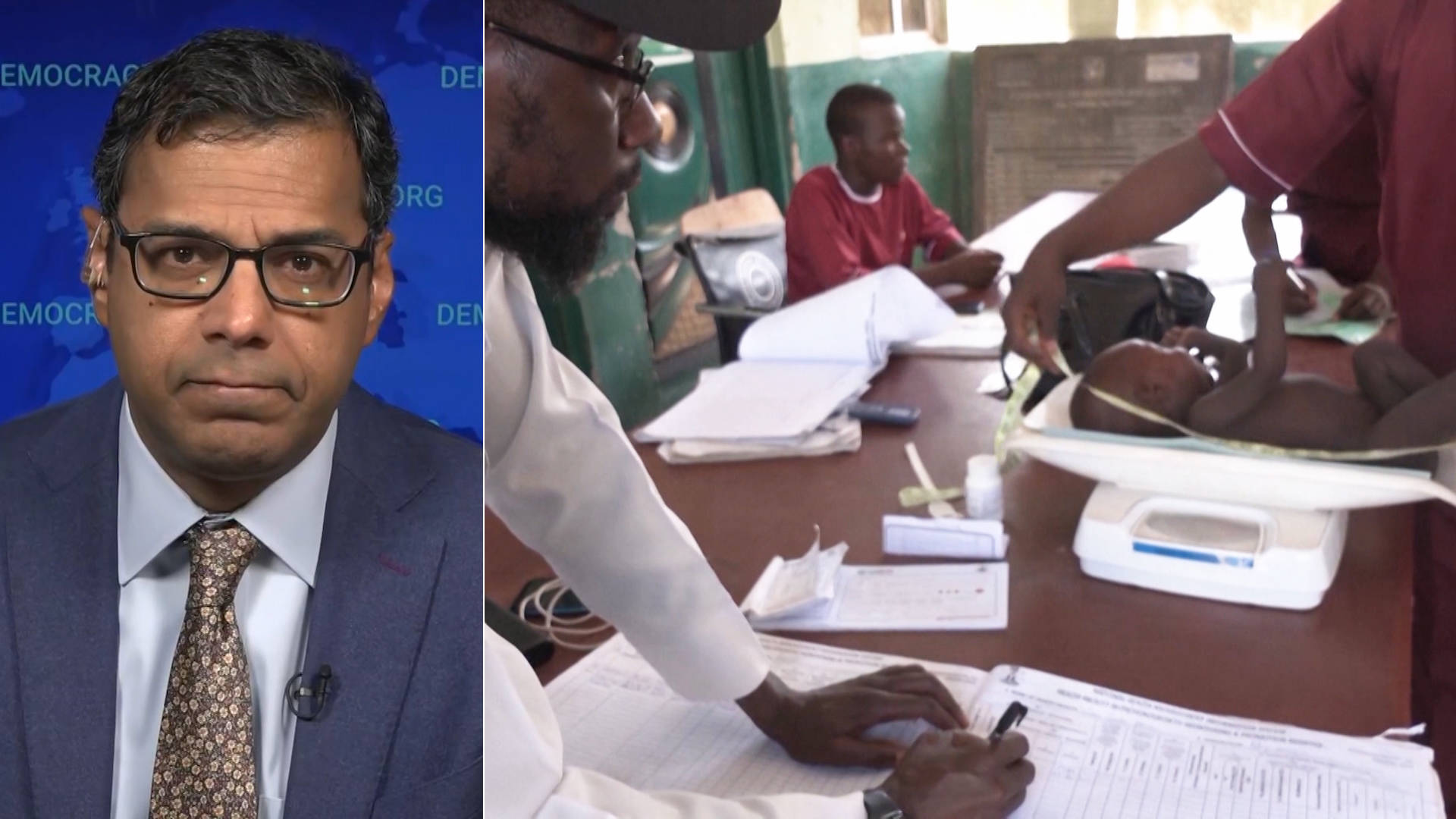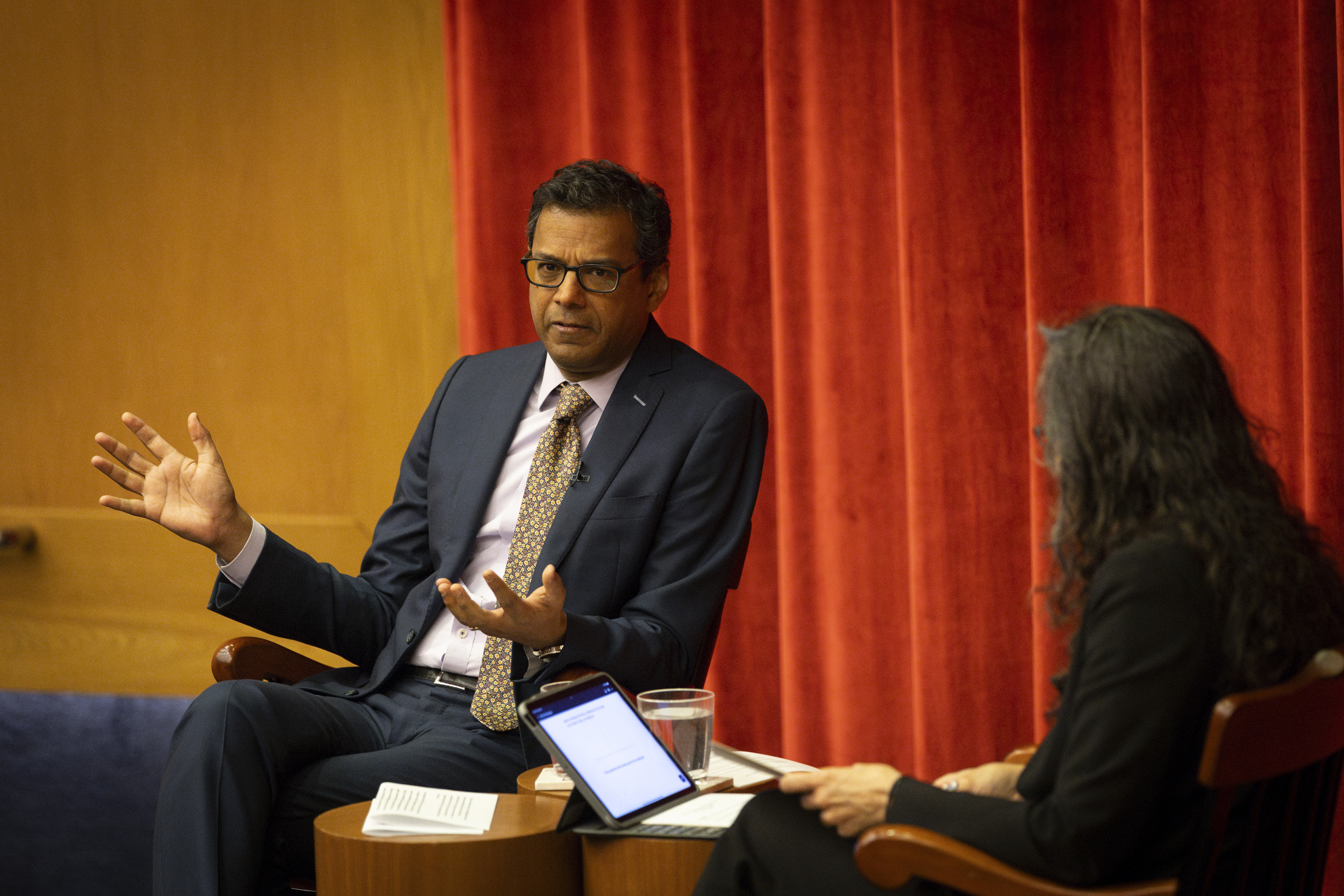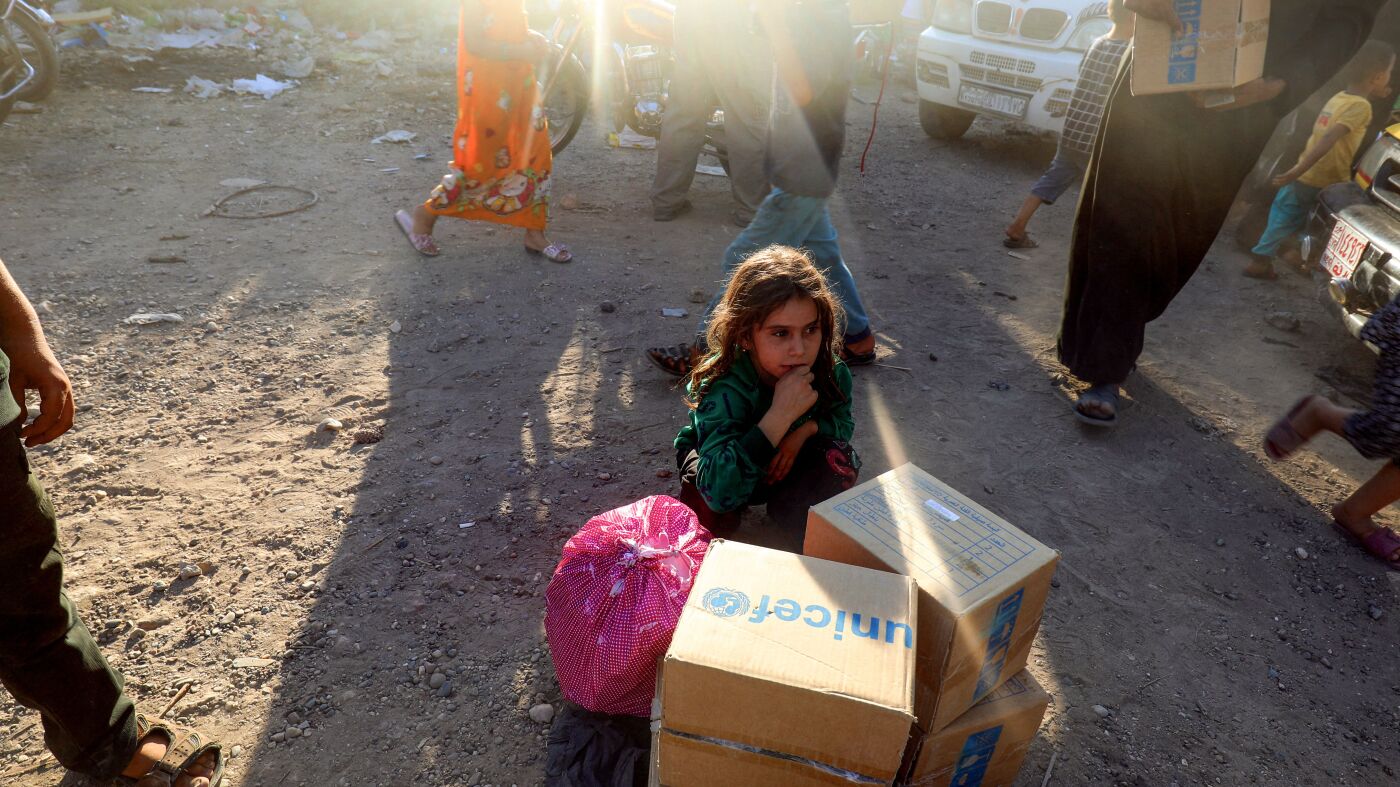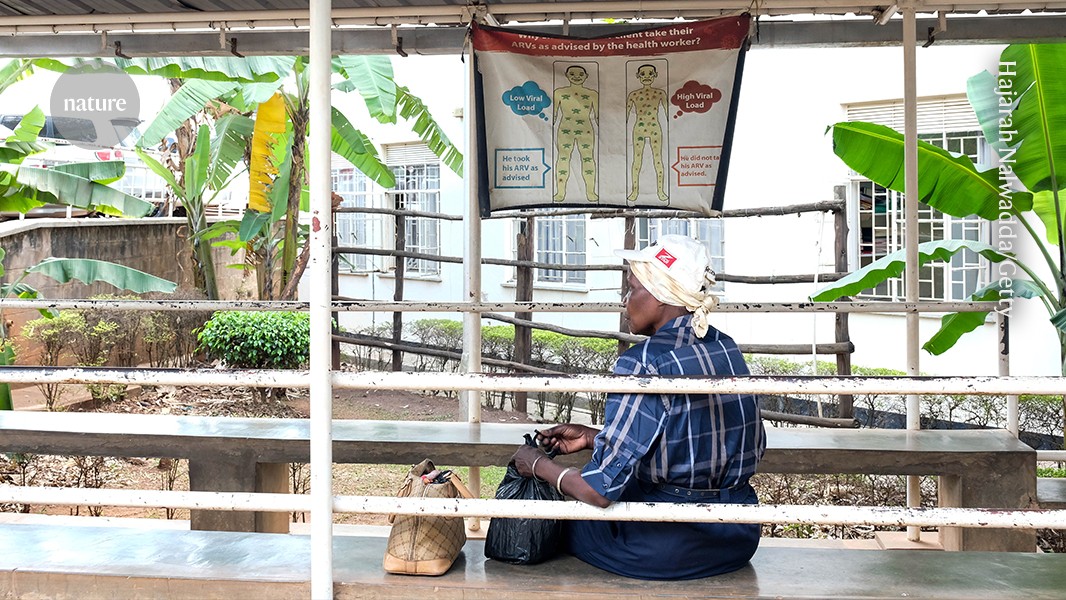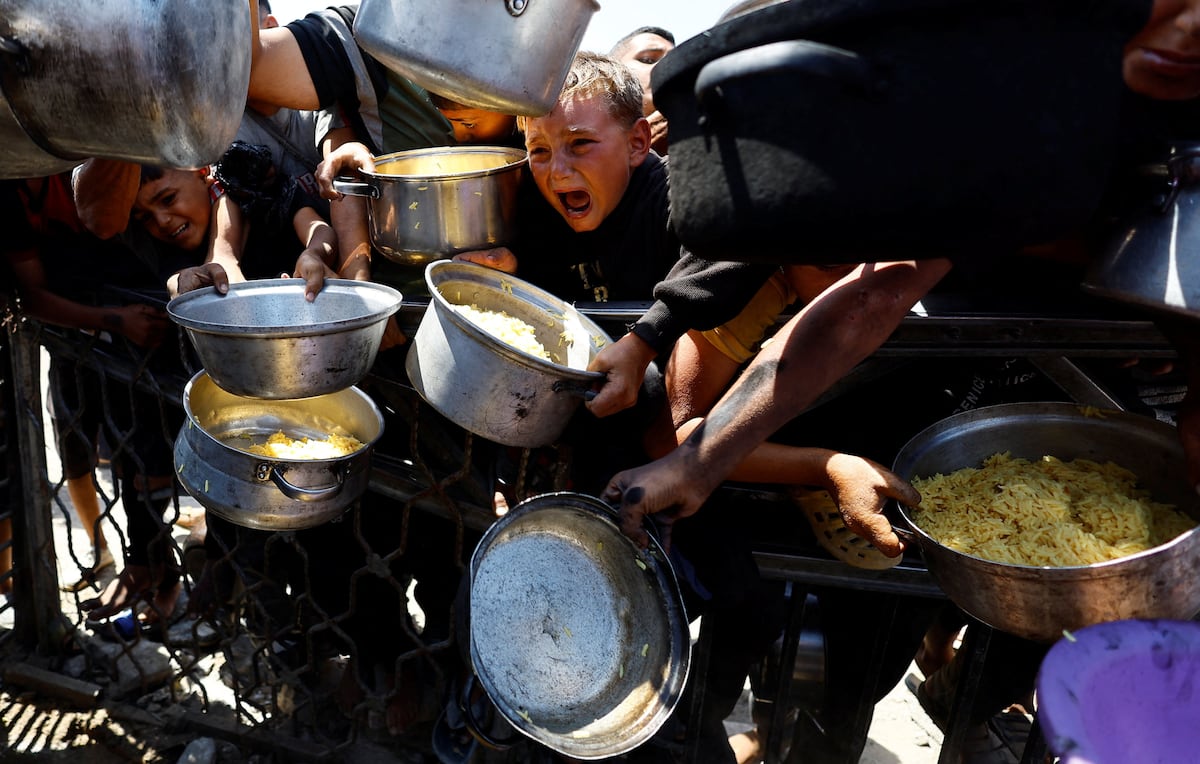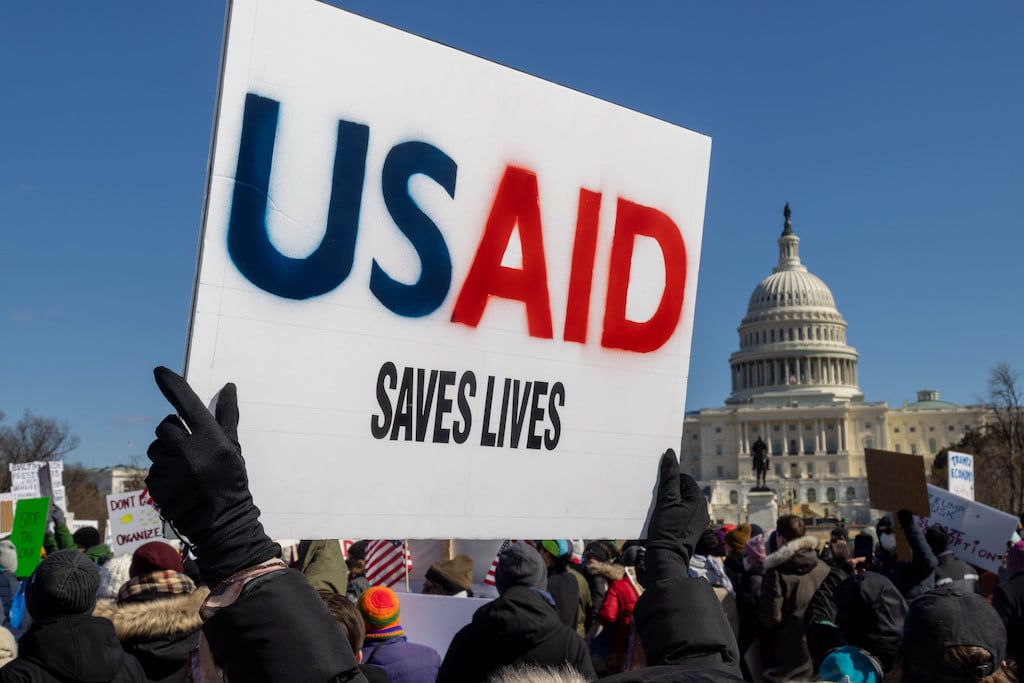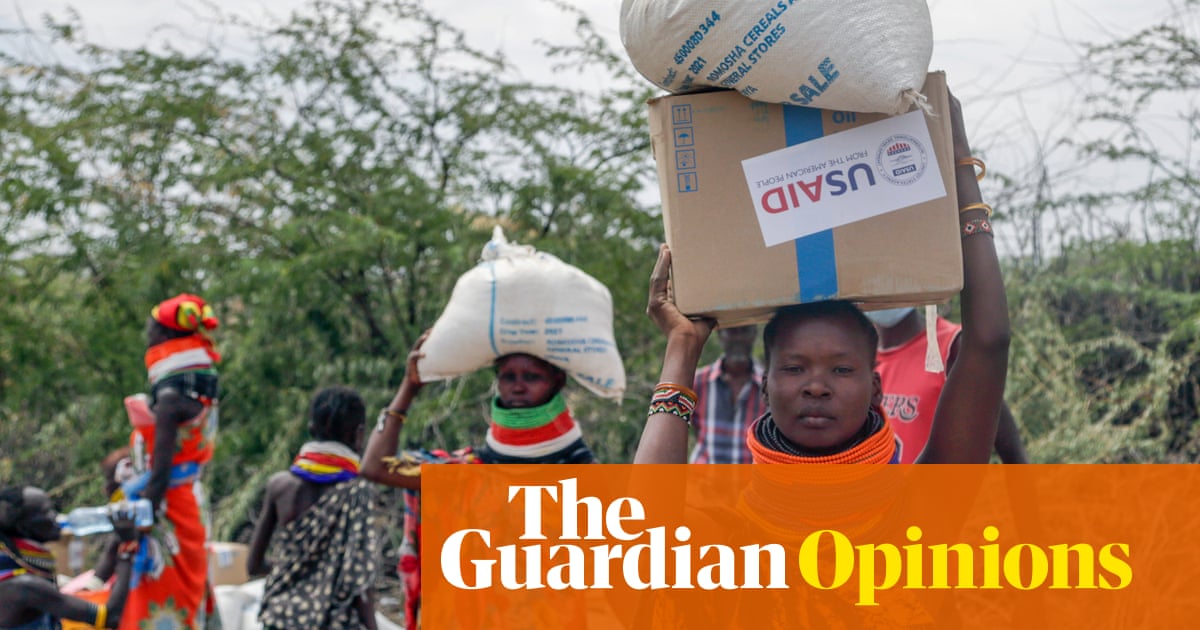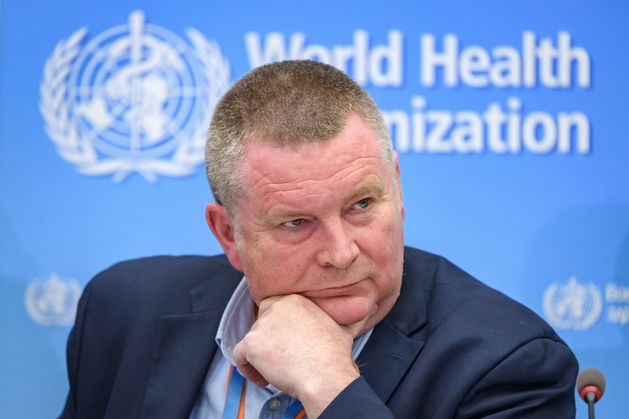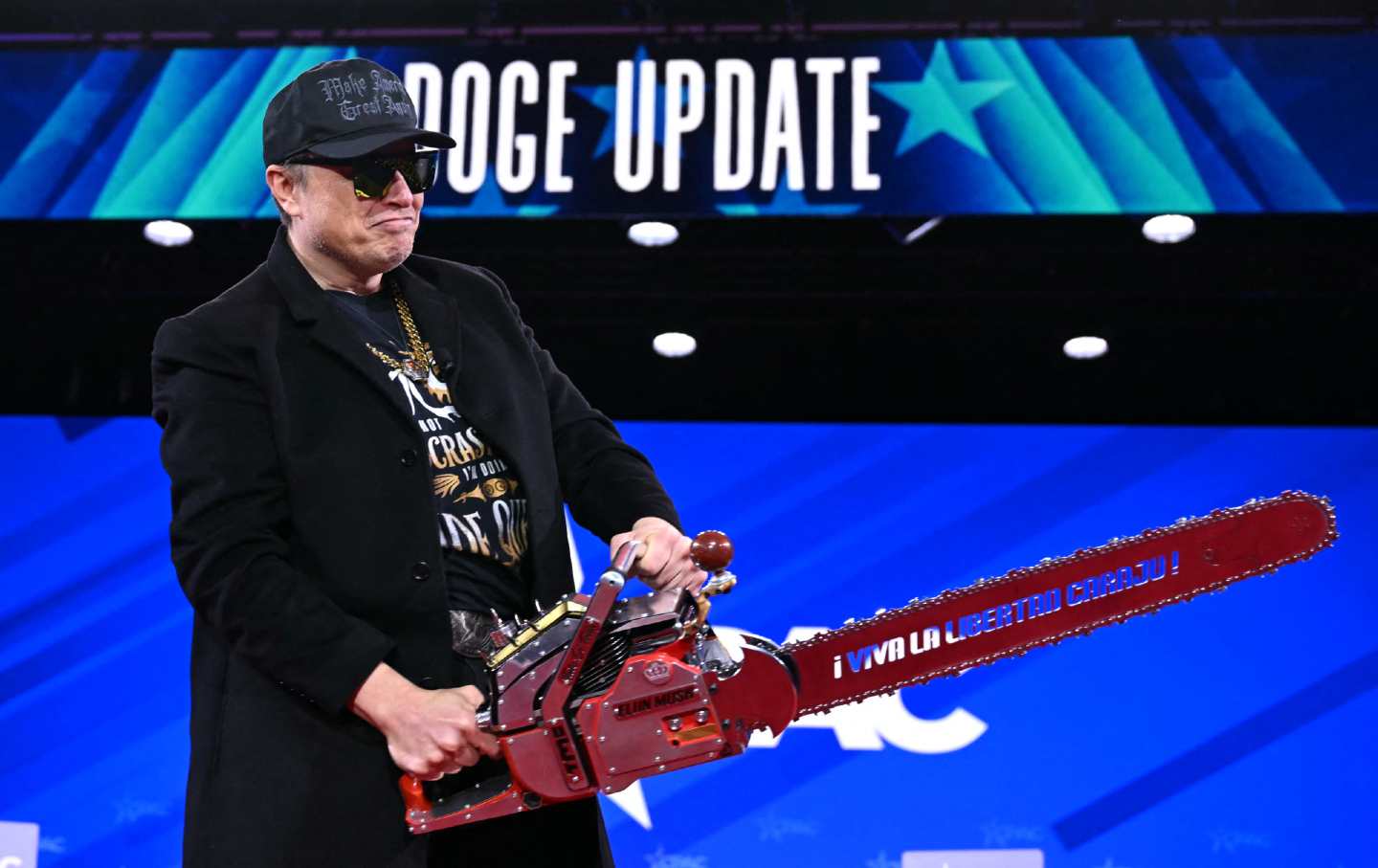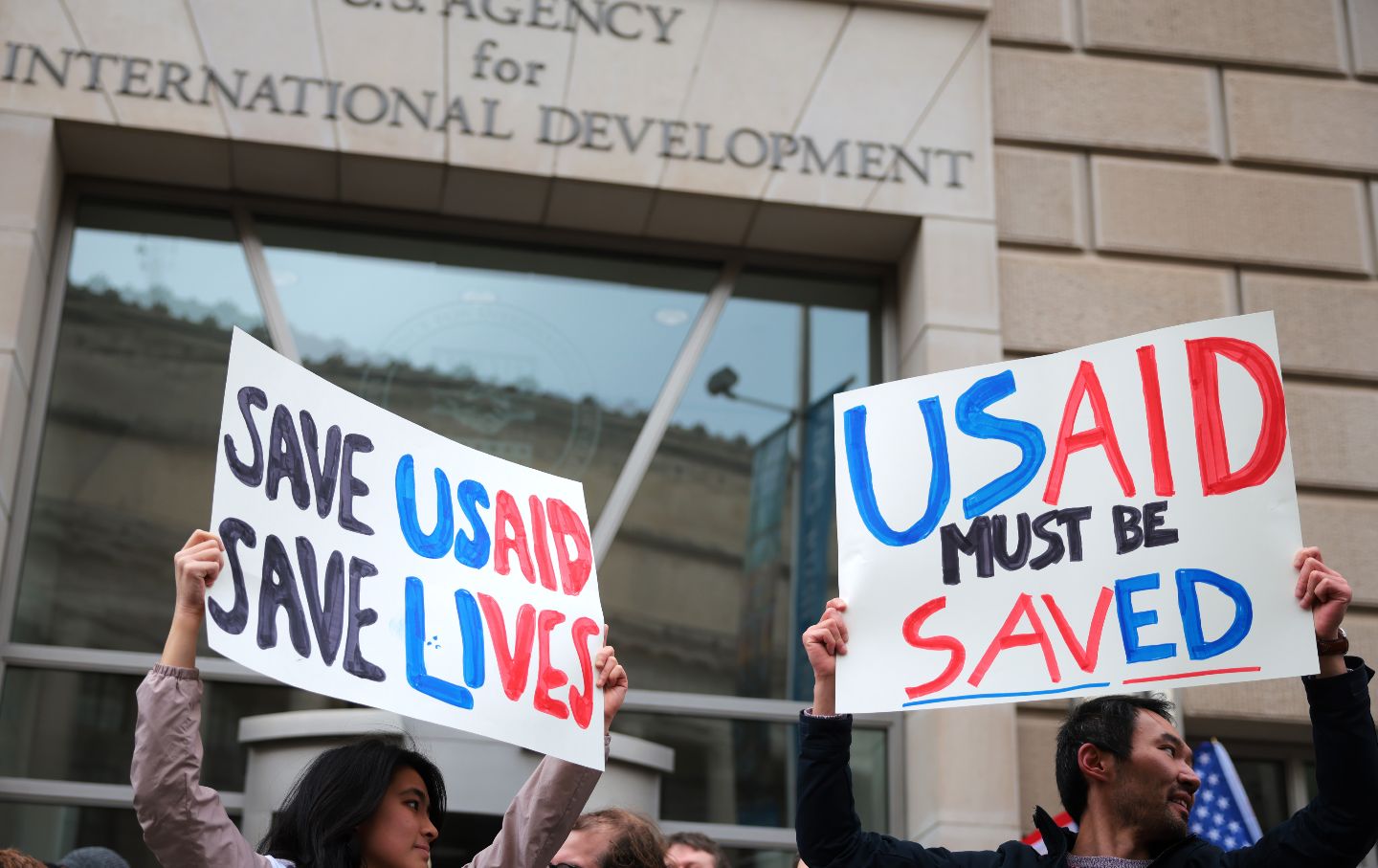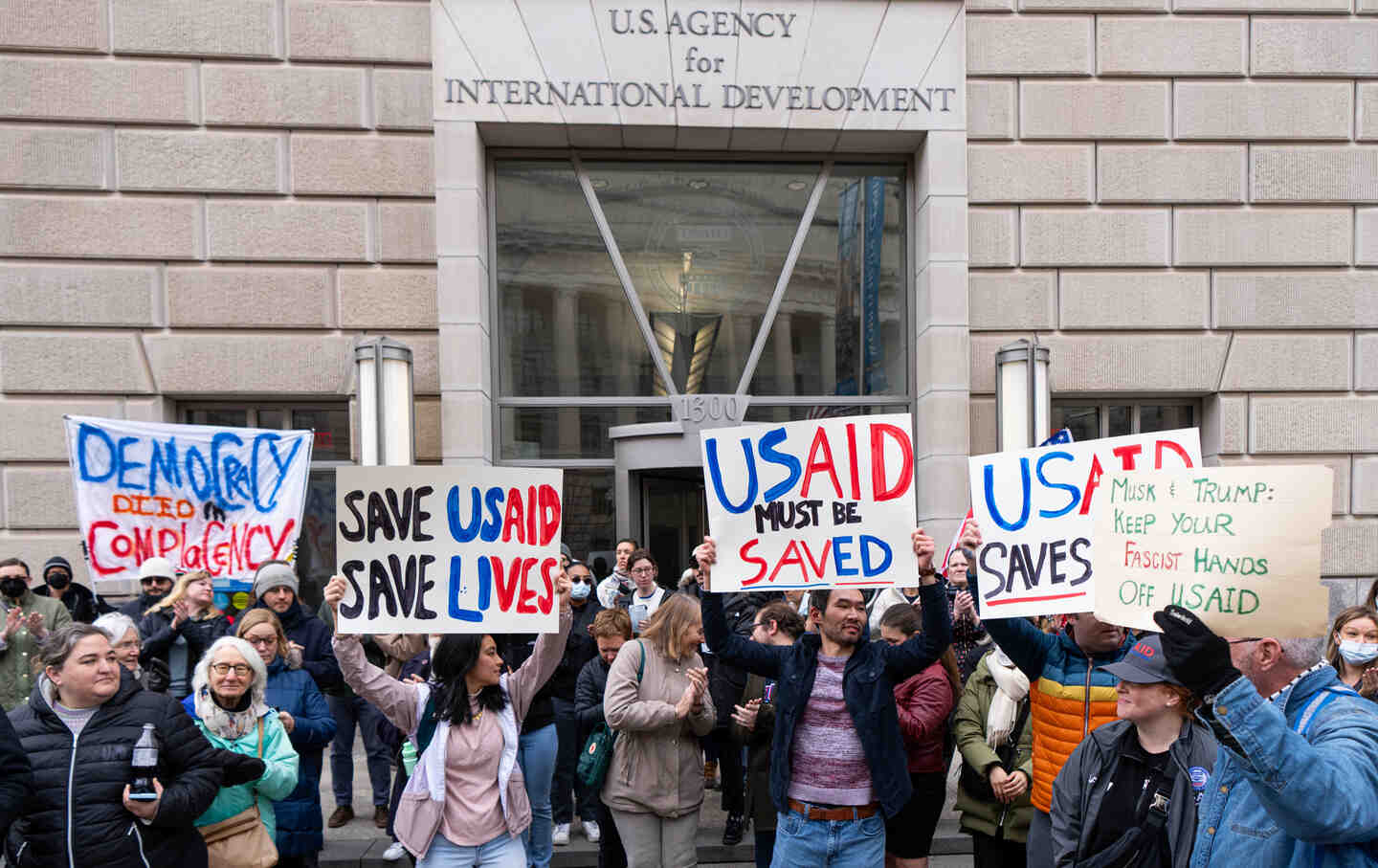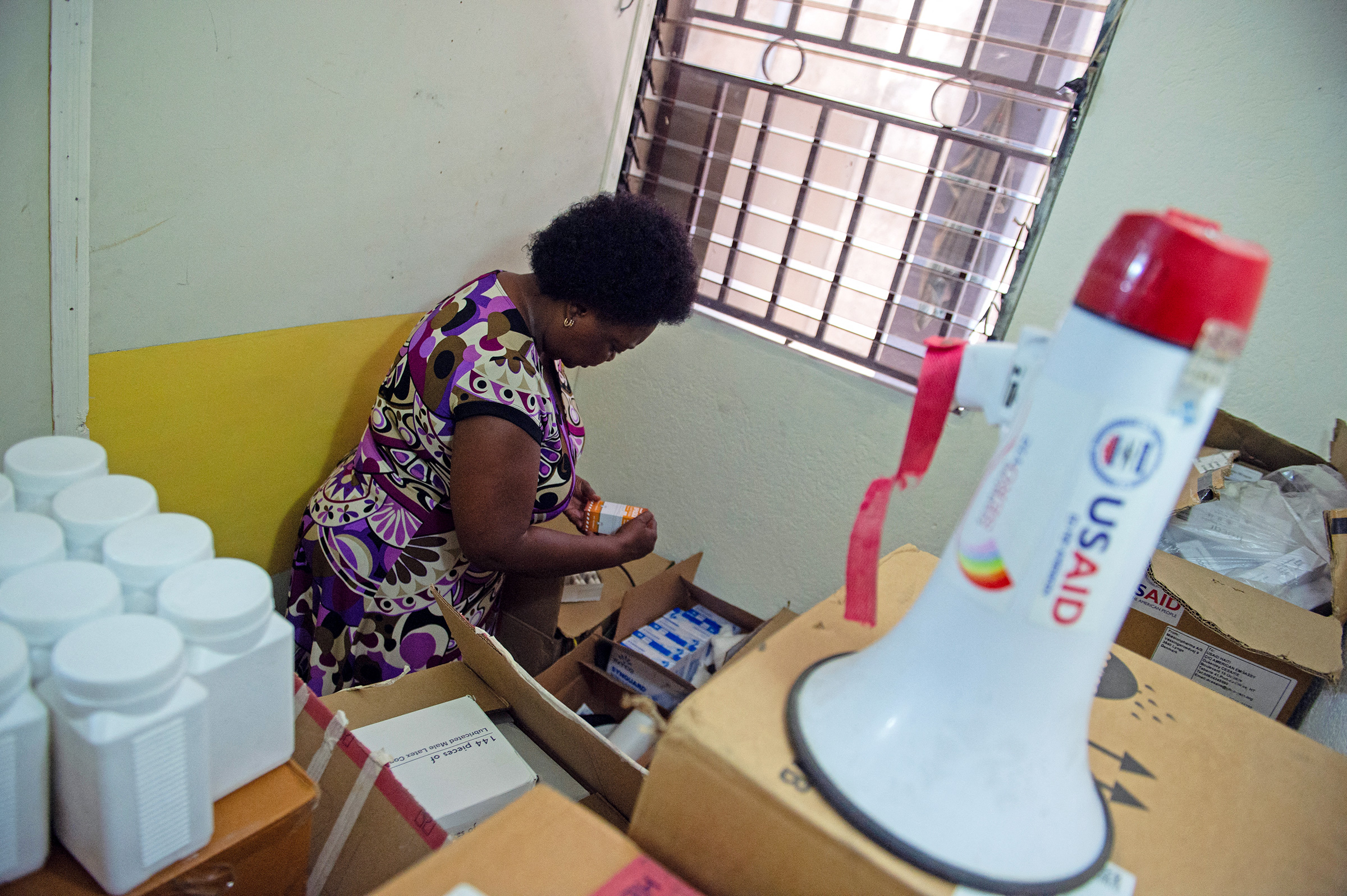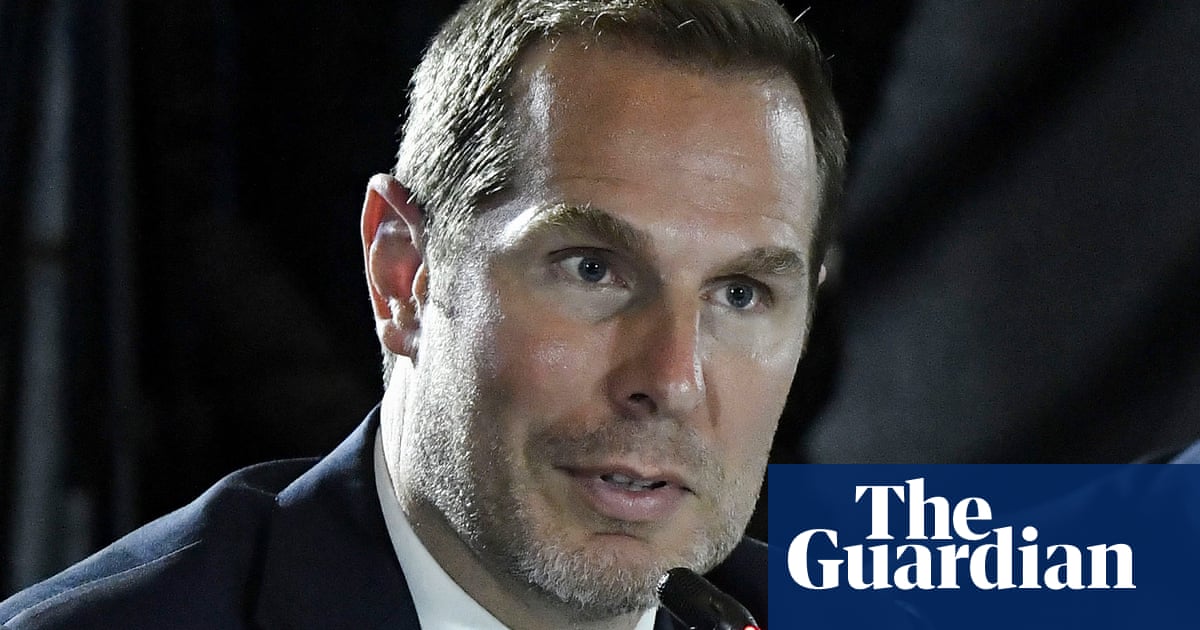#usaid
#usaid
[ follow ]
#trump-administration #foreign-aid #elon-musk #global-health #public-health #humanitarian-aid #bill-gates
fromwww.mercurynews.com
3 weeks agoLetters: Neighborhoods suffer under PG&E's outdated infrastructure
After several 10-second faults and inaccurate PG&E notifications claiming, Power is on we were plunged into a sustained blackout. We cannot compete globally while navigating a vulnerable, 1970s-era overhead grid. Reliability is a shared responsibility; as neighbors, we are committed to trimming private trees and providing maintenance access. However, we need a matching commitment to modernization. We plead for PG&E and the city to invoke Rule 20A credits to underground our lines.
Public health
US politics
fromwww.esquire.com
1 month agoMarco Rubio Said Nobody Died Because of USAID Cuts. New Evidence Proves He Lied.
Political appointees rapidly dismantled USAID, freezing thousands of life-saving programs, cutting staff, and threatening to eliminate 90% of the agency's global humanitarian work.
fromThe Atlantic
1 month agoUSAID Hired the Right-Wing Influencer Responsible for Its Decimation
U.S. officials who spoke with me on the condition of anonymity to describe Benz's position said he's a special government employee, a type of executive-branch appointee brought in to perform important services for a limited period of time.
US politics
fromFortune
1 month agoBill Gates decries 'significant reversal in child deaths' as nearly 5 million kids will die before they turn 5 this year | Fortune
For the first time this century, the report finds, the number of children dying before their fifth birthday is projected to rise. Modeling conducted by the Institute for Health Metrics and Evaluation (IHME) reveals alarming statistics: In 2024, 4.6 million children died before turning five. In 2025, that number is projected to increase by just over 200,000, reaching an estimated 4.8 million children globally.
Public health
Fundraising
fromNonprofit Quarterly | Civic News. Empowering Nonprofits. Advancing Justice.
2 months agoFoundations Look to New Models of International Development amid Retrenchment | Nonprofit Quarterly | Civic News. Empowering Nonprofits. Advancing Justice.
International philanthropies continue and accelerate Locally Led Development, funding local organizations directly despite USAID's shutdown and U.S. federal funding cuts.
fromFortune
2 months agoThese millennials working in finance and tech were among the donors who gave over $125 million after Trump slashed foreign aid | Fortune
Multiple groups launched fundraisers in February and eventually, these emergency funds mobilized more than $125 million within eight months, a sum that while not nearly enough, was more than the organizers had ever imagined possible. In those early days, even with needs piling up, wealthy donors and private foundations grappled with how to respond. Of the thousands of programs the U.S. funded abroad, which ones could be saved and which would have the biggest impact if they continued?
US politics
fromThe Atlantic
3 months agoMoscow Is Planning to Create Its Own USAID
For decades, USAID was one of the greatest tools America had to promote democratic values in Russia. The agency extended humanitarian assistance while fostering political reform, and in doing so endeared the United States to Russians even as it undercut the Kremlin's authoritarian ambitions. It was a supreme example of soft power: working "through attraction and persuasion rather than coercion," as the political scientist Joseph S. Nye Jr. defined the term.
World politics
fromFlowingData
3 months agoUndelivered USAID medical supplies and medicine
A Post analysis of internal data from the first half of the year shows that supplies valued at more than $190 million were scheduled to arrive at distribution warehouses by the end of June. Instead, the analysis found, shipments worth nearly $76 million were not delivered, including the majority of medication needed to combat severe malaria. Some medicines never left the places where they were manufactured, and others were stranded in ports or customs facilities near the cities and villages where they were needed.
US politics
fromThe Washington Post
3 months agoTrump's USAID pause stranded lifesaving drugs. Children died waiting.
Fever ravaged the body of 5-year-old Suza Kenyaba as she sweated and shivered on a thin mattress in a two-room clinic in the Democratic Republic of Congo. The pigtailed girl who liked pretty dresses was battling malaria and desperately needed medication that could save her life. That medication, already purchased by a U.S.-taxpayer-funded program, was tantalizingly close - a little more than seven miles away.
US news
World news
fromNon Profit News | Nonprofit Quarterly
4 months agoInternational Nonprofits After USAID: A View from the Global South - Non Profit News | Nonprofit Quarterly
A USAID funding halt in 2025 nearly collapsed Manushya, jeopardizing life-saving emergency grants and forcing a rapid pivot to foundation funding.
#donald-trump
Washington DC
fromWashingtonian - The website that Washington lives by.
8 months ago"Pointed Cruelty": A Former USAID Worker on Cuts, Life After Layoffs, and Trump's First 100 Days - Washingtonian
The abrupt halt of foreign aid by the Trump administration caused chaos and disrupted the mission of USAID.
fromwww.aljazeera.com
6 months agoTurning point or pointless turn: Will DR Congo-Rwanda deal bring peace?
While the White House may be celebrating its diplomatic triumph in brokering a peace deal between tense neighbours DRC and Rwanda, for sceptical observers and people caught up in conflict and deprivation in eastern DRC, the mood is bound to be far more muted. "I think a lot of ordinary citizens are hardly moved by the deal and many will wait to see if there are any positives to come out of it," said Michael Odhiambo, a peace expert for Eirene International in Uvira in eastern DRC.
US politics
fromwww.esquire.com
9 months agoMarco Rubio Fires USAID Dismantler Peter Marocco and Shakes Up MAGA Republicans
Word of Marocco's firing quickly tore through the Republican Party and MAGA ecosystem, startling President Donald Trump's loyalists who viewed the aide as part of an elite cohort of administration true believers.
Boston Bruins
[ Load more ]

